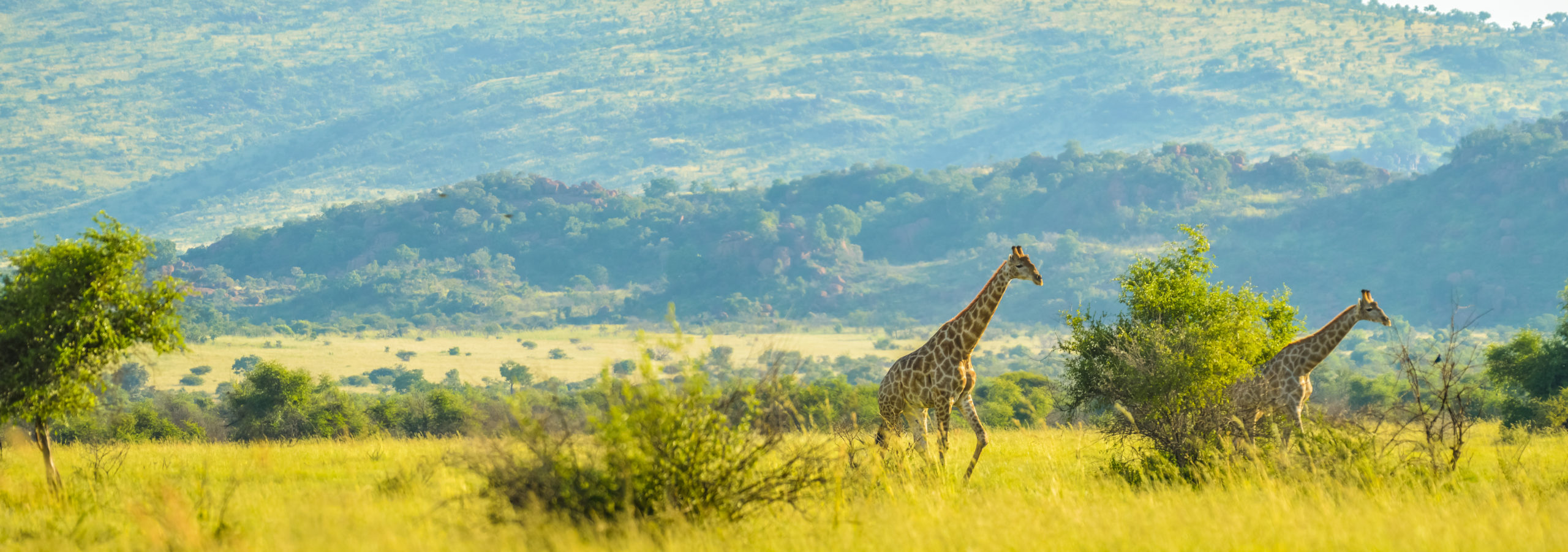IMPORTANT
If you come down with flu-like symptoms either during, or within four to six weeks after visiting a malaria area, seek a doctor’s advice immediately
Health & Malaria
Malaria
Malaria-risk areas in South Africa are limited, however, precautions should be taken in the following areas: Kruger Park, Northern Natal, Zululand, Botswana, Swaziland and Mozambique. Please consult your general practitioner or visit the following website: www.travelclinic.co.za
If you are travelling to a malaria area, you’ll need to take the following precautions:

Apply insect repellent to exposed skin – recommended repellents contain 20%-35% DEET, and there are a number of brands on the market

Wear long-sleeved clothing and long pants if you’re outdoors at night

Use a mosquito net if your tent or room isn’t screened or air-conditioned; and spray insecticide or burn a mosquito coil before going to bed

Take the malaria tablets recommended for the region you’re travelling to, and keep taking them until the course is complete
British Airways Travel Clinics provide a comprehensive malaria avoidance programme. You can contact them in Johannesburg at (011) 807 3132, and in Cape Town at (021) 419 3172.




